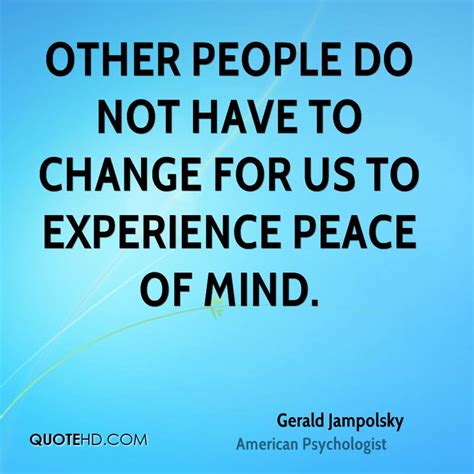A Quote by Masaaki Hatsumi
Humans have yet to dwell upon the consequences of their
actions. People have yet to admit the bad that they do to
nature, for example. Actually, most people spend their time
finding fault in the action of others, rather than their own.
Related Quotes
Taking the things people do wrong seriously is part of taking them seriously. It’s part of letting their actions have weight. It’s part of letting their actions be actions rather than just indifferent shopping choices; of letting their lives tell a life-story, with consequences, and losses, and gains, rather than just be a flurry of events. It’s part of letting them be real enough to be worth loving, rather than just attractive or glamorous or pretty or charismatic or cool.
Six traits of effective leaders: 1. Make others feel important 2. Promote a vision 3. Follow the golden rule 4. Admit mistakes 5. Criticize others only in private 6. Stay close to the action Example has more followers than reason. We unconsciously imitate what pleases us, and approximate to the characters we most admire.
The people who lost the elections do not want to admit that they really lost, that the one who won was closer to the people and better understood what ordinary voters want. They are absolutely reluctant to admit this, and prefer deluding themselves and others into thinking it was not their fault, that their policy was correct, they did all the right things, but someone from the outside thwarted them. But it was not so. They just lost and they have to admit it.
[A] private property regime makes people responsible for their own actions in the realm of material goods. Such a system therefore ensures that people experience the consequences of their own acts. Property sets up fences, but it also surrounds us with mirrors, reflecting back upon us the consequences of our own behavior.
It is a strangely irrational notion that there is something in the very flow of time that will inevitably cure all ills. Actually time is neutral. It can be used either destructively or constructively. I am coming to feel that the people of ill will have used time much more effectively than the people of good will. We will have to repent in this generation not merely for the vitriolic words and actions of the bad people, but for the appalling silence of the good people.
































